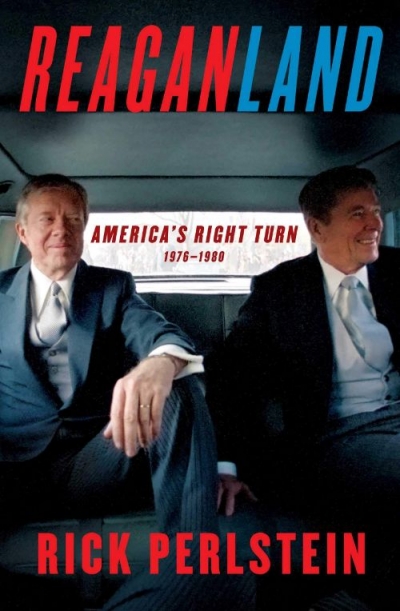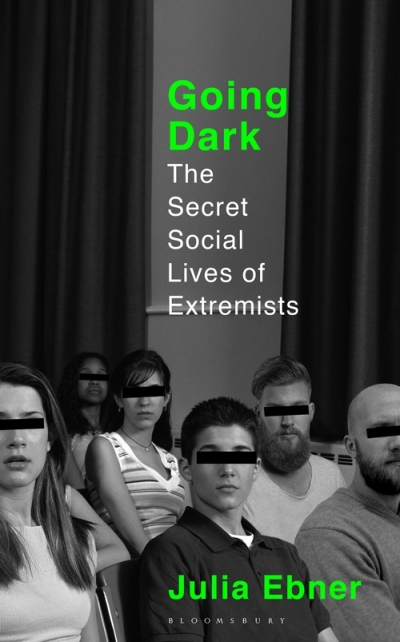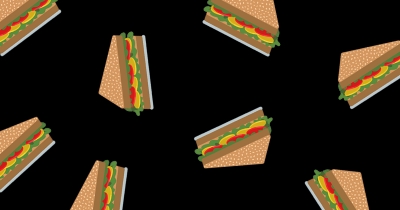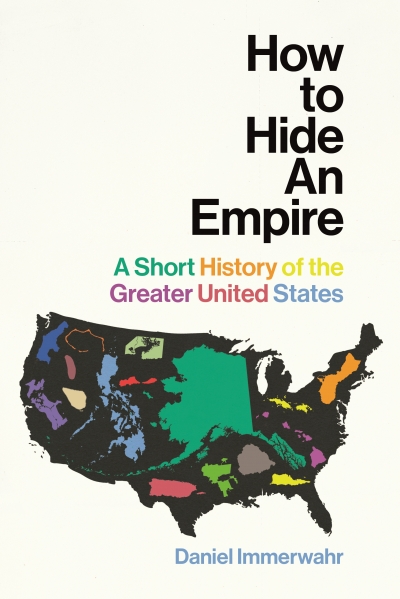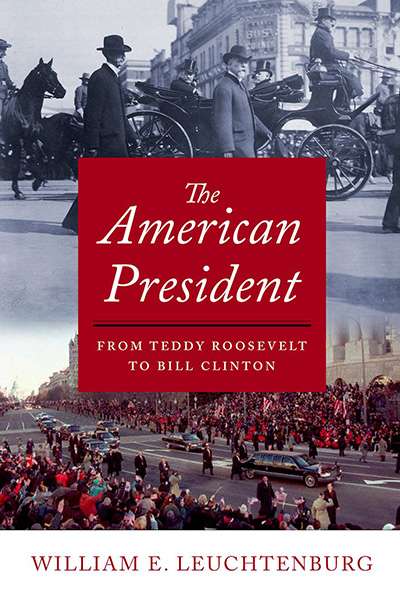Andrew Broertjes
Reaganland: America’s right turn 1976–1980 by Rick Perlstein
by Andrew Broertjes •
Searing, mind-numbing grief at the loss of my partner of thirteen years was one thing, but such a breach of parking etiquette could not stand. The necessary adjustments were made, and the less serious business of grieving could begin. Later that day my sister weighed in. Her aid came in the form of fifteen ham-and-cheese sandwiches ...
... (read more)How To Hide An Empire: A short history of the greater United States by Daniel Immerwahr
by Andrew Broertjes •
Political Troglodytes and Economic Lunatics by Dominic Kelly & Rise of the Right by Greg Barns
by Andrew Broertjes •
The American President: From Teddy Roosevelt to Bill Clinton by William E. Leuchtenburg
by Andrew Broertjes •


